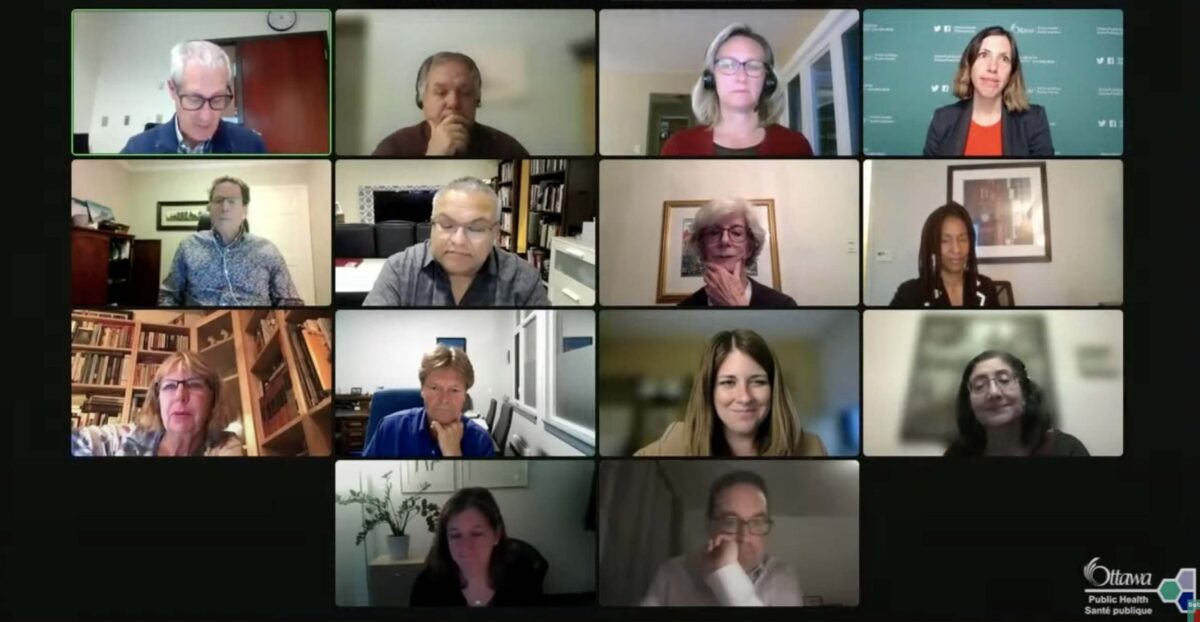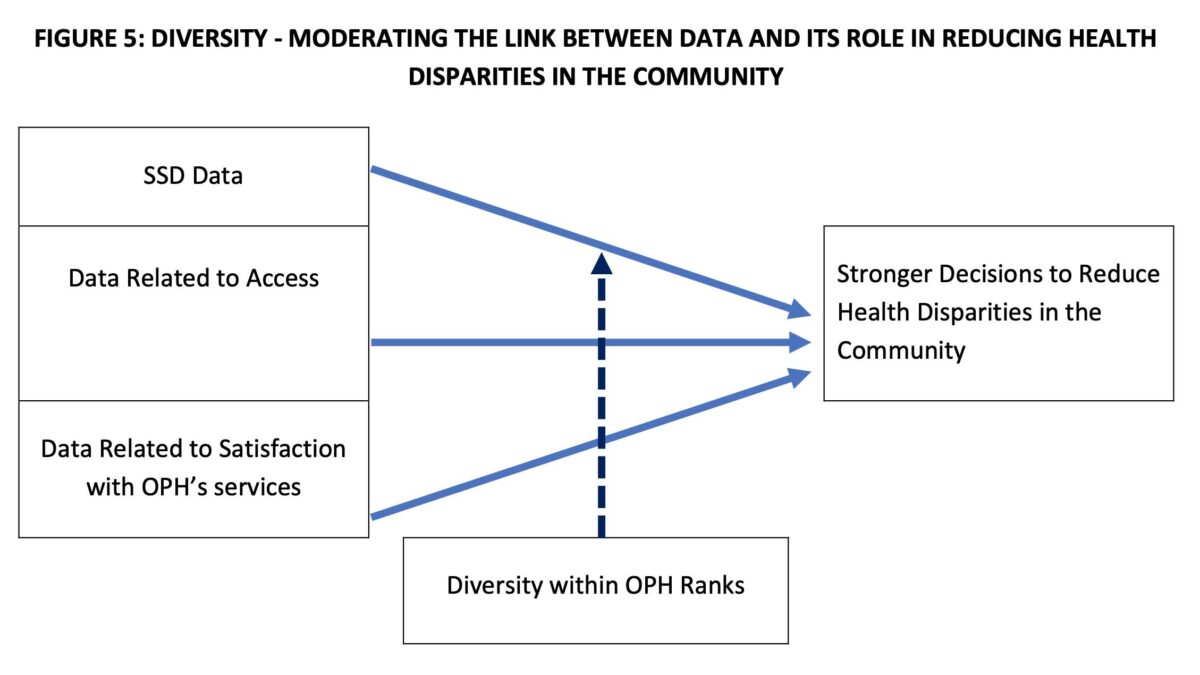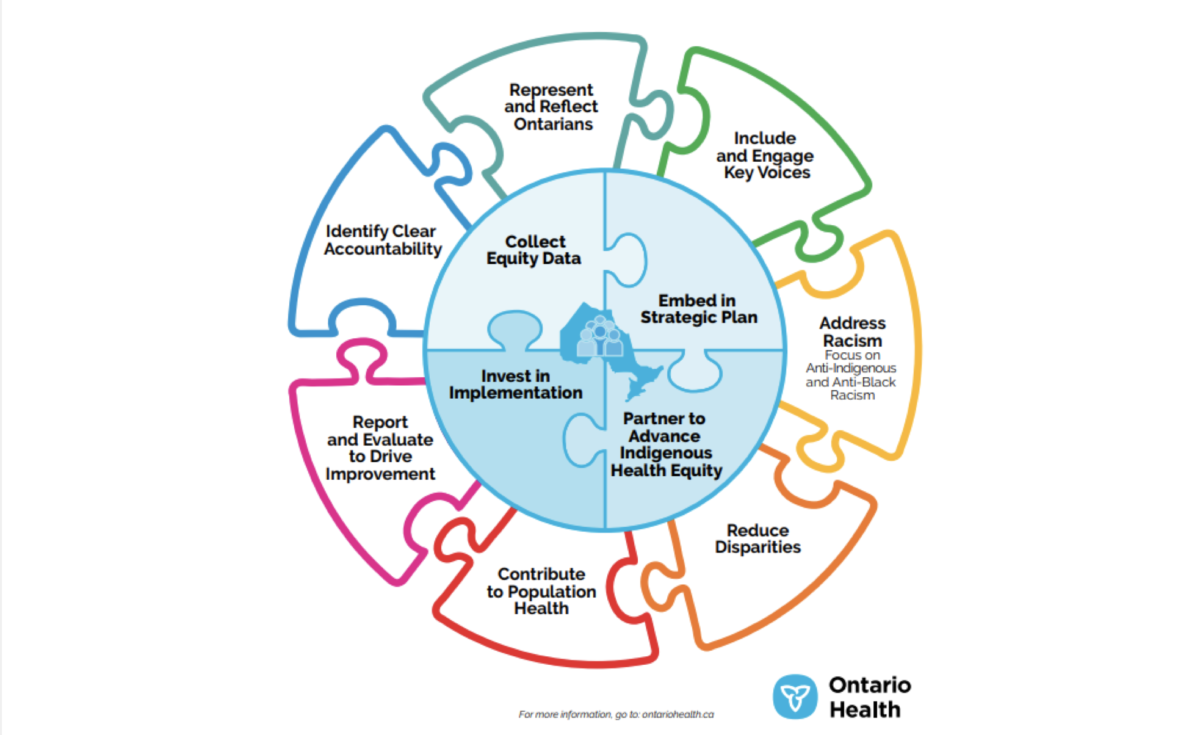A report examining systemic racism in Ottawa Public Health has highlighted challenges faced by racialized employees at the agency that’s leading local efforts to fight COVID-19 and bring greater “health equity” to BIPOC communities.
The report, which was discussed at a recent meeting of the Ottawa Board of Health which oversees OPH — tracked the agency’s progress on equity, diversity and inclusion issues, described areas for improvement and provided an action plan for combatting systemic racism at OPH.
‘Although racialized staff acknowledged improvements in diversity within the organization over the last two years, every racialized staff member shared multiple occurrences of incidental and systemic racism and discrimination.’
— Ottawa Board of health report on system racism at Ottawa public health
“Although racialized staff acknowledged improvements in diversity within the organization over the last two years, every racialized staff member shared multiple occurrences of incidental and systemic racism and discrimination,” said a report presented to the board. “Further, racialized staff highlighted the lack of representation within leadership, challenges in being promoted due to bias and a lack of transparency, and the risks of being negatively labelled when contemplating reporting instances of racism and discrimination.”

The September meeting of the board included a presentation by Dr. Ariff Kachra, managing director of Strat-Ology Consulting Inc., on an audit of diversity, equity and inclusion issues conducted at Ottawa Public Health.
For the audit, Kachra connected with more than 25 leaders, managers and staff across OPH to share their experiences as a member of an “equity-deserving group.”
Equity-deserving groups are defined by the human rights and equity office at Queen’s University as “those that identify barriers to equal access, opportunities and resources due to disadvantage and discrimination and actively seek social justice and reparation.”

Kachra explained one instance of an OPH employee, named Janine, who was continuously undermined by management because of her accent.
Through their conversation, Janine expressed her view that, “OPH is a place where I’ll have a job but not necessarily a career. One person who exhibits racist tendencies or who’s discriminatory — that’s manageable for me. I think the obstacles to my career progression may be more systemic.”
The main recommendation from the audit was to implement a role within OPH’s senior leadership team focusing on equity, diversity and inclusion. Kachra also recommended the implementation of a team to create and execute training programs and carry out socio-demographic data collection for OPH staff and community members.
“Diversity, equity, and inclusion challenges are not simply a function or a factor of individual bias,” said Kachra. “We have to think about … changing the DEI context in a different way. We have to lift our focus from the individual level to changing the organization.”

The recommendations have been partly implemented through the appointment of Jo-Anne Henderson-White as OPH program manager for Health Equity, Diversity and Inclusion. White also appeard at the board meeting to present the OPH action plan on Heath Equity, Diversity and Inclusion.
The plan outlines eight areas of improvement for the betterment of the organization. White focused on five of the areas, including hiring new staff to ensure effective DEI planning and implementation.
Another key goal is implementing changes aimed at dismantling workplace racism and tracking improvements in staff diversity at OPH.
An additional measure of progress will be creating ways for members of equity-deserving groups to report DEI obstacles, though it was acknowledged that implementation of this goal is at a beginning phase.
White highlighted the importance of leadership training to advance Ottawa Public Health’s DEI agenda.
“Canada in 2022 is not the Canada of 2003. It’s changed a lot. There have been a lot of things that happened and continue to happen towards change.”
— Godwin Ifedi, former Ottawa Public Health official, editor of Black Ottawa Scene
“The Board of Health declared racism as one of the important determinants of health,” said White. “What we have undertaken thus far is a positive beginning, but change will be driven by joint implementation plans and action-focused initiatives with the understanding that change is challenging and, yes, overwhelming.”
Representatives of the Ottawa Local Immigration Partnership — an association of 60 organizations involved in supporting newcomers as they settle and integrate into the city — attended the Board of Health meeting and expressed their support for the OPH action plan.
Godwin Ifedi, a former OPH official and now editor of Black Ottawa Scene, explained that a similar report aimed at combatting systemic racism at the city’s public health agency was released in 2003 — nearly 20 years ago — but little progress was made at the time.
Resources were scarce and the push for change was not nearly as strong back then, said Ifedi, adding that the Black Lives Matter movement is now empowering discussions about diversity and equity to a far greater degree.
“I think they’re feasible,” Ifedi said of the goals outlined in the new OPH action plan to enhance diversity, equity and inclusion at Ottawa Public Health. “You see, a lot of it depends on the good will and the willingness of senior management to implement changes.”
He added: “Canada in 2022 is not the Canada of 2003. It’s changed a lot. There have been a lot of things that happened and continue to happen towards change.”
This story was developed as part of a collaboration between Black Ottawa Scene and Capital Current.




